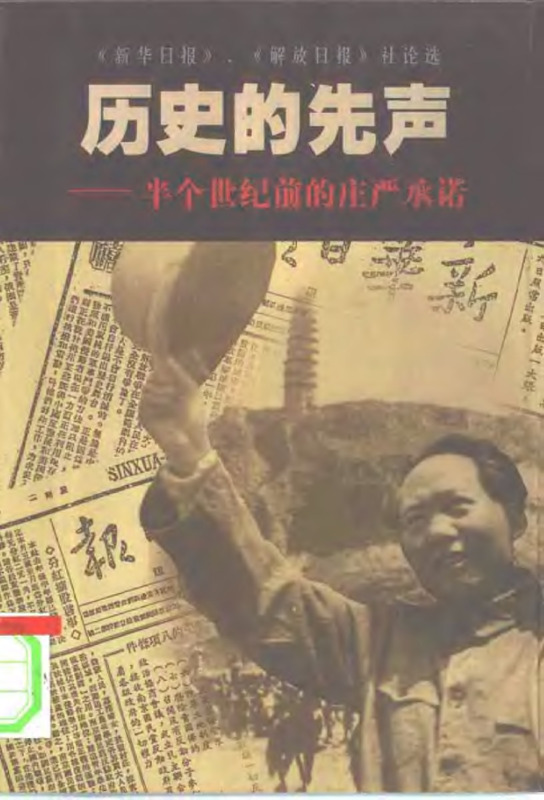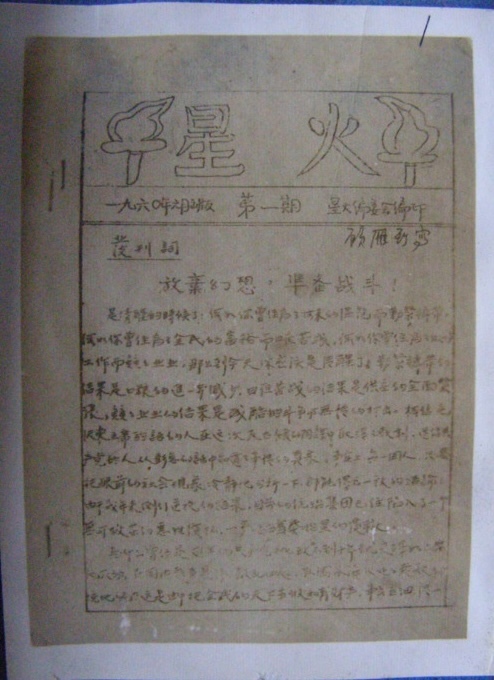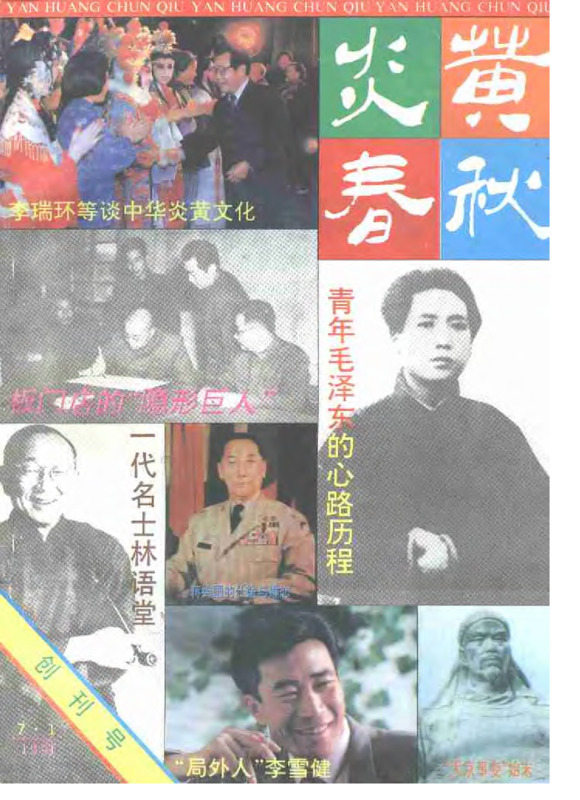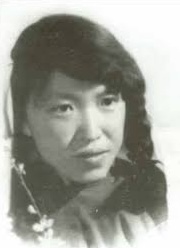This site is dedicated to making accessible the key documents, movies, blogs, and publications of a movement of Chinese people seeking to reclaim their country's history.
我们致力于收集、保存和传播被审查、被压制的中国民间历史。
Highlights from the Collection
New in the Archive
图书
The Truth about Liu Wencai
In the mid-20th century, Liu Wencai, a large landowner in Sichuan Province, spent almost all of his family's wealth in his later years on promoting education, bridge construction and road building, and was known as a great benefactor in the region. However, during the Great Leap Forward and the Cultural Revolution, he was portrayed as an archetype of evil landlords in the 3,000-year history of feudalism in China.
As the controller of great wealth in southern Sichuan during the Republic of China period, Liu Wencai did accumulate a huge fortune from plunder in his early years, but in his later years he invested most of it in public welfare. He financed and presided over the construction of a highway, as well as the Wanchengyan irrigation system, benefiting hundreds of thousands of farmers. He also spent almost all of his family's wealth to found the Wencai Middle School (today's Anren Middle School), which at the time was known as Sichuan's best privately-run school. In the memories of the local people, Liu Wencai collected less land rent than what was collected by the government after 1949. He was praised for providing financial assistance to poor families during special days and festivals, and for mediating civil disputes in a fair manner.
These facts were erased under the ultra-leftist propaganda. The authorities even fabricated the story of Liu Wencai keeping farmers in a dungeon filled with water, as well as making sculptures depicting how Liu Wencai was exploiting farmers, in order to incite hatred against him. This made Liu Wencai one of the most famous evil landlords in China.
Book
Major Feminist Events in China 2020-2023
This is a record and index of major feminist events in China between 2020 and 2023. The document consists of more than 2,000 pages, in which 122 topics/events related to feminism have been curated. The document is divided into five chapters: “Feminism in the Public Eye ”, “Feminism in Individual Cases”, “Feminism in the Law”, “Feminist Activism,” and “Three Special Years - Feminism amid COVID-19”.
Each event entry is divided into two parts: event summary and related articles The first part aims to provide a complete and objective overview of the event, using first-hand materials when possible; the second part collects media reports and commentaries on the event published through public media outlets and social media platforms.
This document covers a wide range of topics/events, including but not limited to commercial surrogacy, gender discrimination in higher education, China’s population policy and the reproductive rights of women, misogynistic culture in the media, the progress and challenges of the #Metoo movement, legal analysis of law and policies concerning feminist issues, and feminist activism.
The editorial group introduced their intention as follows in the document’s introduction:
“This document, though imperfect, is an attempt to contribute to the writing of the history of Chinese feminism - history is the road we are walking at the moment, and we've come a long way, still searching for answers hidden in the thick fog. ”
“We hope that this document will not only serve as a tool, but also provide the reader with wisdom and strength.”
展览
Above Ground: China's Young Feminist Activists and Forty Moments of Transformation (English)
In March 2015, the arrest and detention of five activists in China brought international attention to the feminist movement in that country, which had already been battling gender discrimination, sexual harassment, violence against women, and homophobia for many years. While the West has only recently turned its attention to the “Feminist Five” and their fellow activists, China has a long and deep history of feminist thought and action. This exhibit seeks to make visible the work of recent feminist activists in China, to share their work with a broader audience, and to spark interest in the history and present of feminist activists, advocates, and scholars in China.
This digital exhibit is a faithful representation of a physical exhibit of the same name, which was hosted by the University of Michigan’s Institute for Research on Women and Gender from January through June 2016.
The exhibit (English) consists of 40 images depicting street actions and online campaigns initiated by young feminist activists, raising awareness and demanding government actions around issues of domestic violence, sexual harassment, education and employment equality, rights of sexual minorities and marginalized groups , and so on.
At the opening of the physical exhibit on January 26, 2016, Lü Pin, the curator of the exhibit and a long time feminist activist and researcher, remarked on the creative and subversive strategies of the young feminist activists:
“That’s why this was a story about visibility from the very beginning. First of all, they wanted people to have to notice this issue. Second, they wanted people to have to notice this group of people. ‘Noticing the issue’ was not just about making the issue of women’s rights become well-known, more importantly, it meant that the issue had to be accepted as a public issue that society would acknowledge as something that was very important. This was not something for women, or something private. Next, as we all considered this to be an important matter, the government had to respond. Thus, in this process, communication or media was very crucial, because it could amplify the power of the unknown.”
Using materials from the physical exhibit, this digital exhibit was created by librarians from University of Michigan Liangyu Fu (Chinese Studies) and Meredith Kahn (Women’s Studies), who created additional descriptive information for the images, as well as a bibliography of relevant sources.
Go to Exhibit: https://apps.lib.umich.edu/online-exhibits/exhibits/show/aboveground.
Latest Newsletters
A Survivor Looks Back at China’s Most Notorious Labor Camp
Why the memories of Jiabiangou are worthy of our remembrance.
Read more →Remembering Lin Zhao
On the 57th anniversary of Lin Zhao's death, we at the China Unofficial Archives hope to highlight several key additions to our collection of works about Lin Zhao, in memory of one of the most important freedom fighters and thinkers in Chinese history.
Read more →















